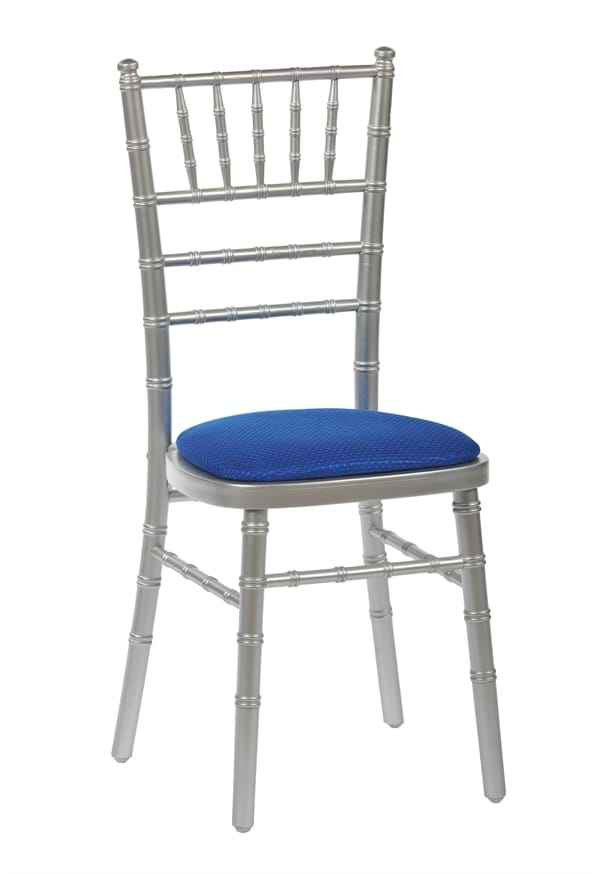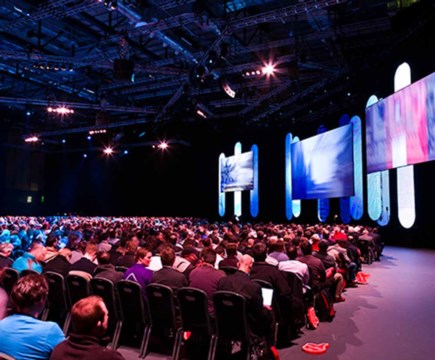Hospitality is one of the UK’s big business success stories. It’s our fourth largest industry, and employs around 10 per cent of the workforce, contributing around £73bn to total GDP, and billions in tax revenue. And while its future looks a little uncertain with the effects of Brexit yet to become clear, the picture is nevertheless one of continuing growth, with the reduced value of the pound benefiting those sectors that are reliant on tourists.
What is hospitality?
But what is “hospitality”? It means everything from hotels to tourist buses, from museums to pubs, from restaurants to tea rooms. If you are catering for people, feeding them, serving them, accommodating them, then you are part of the hospitality industry.
And wherever people are being fed, accommodated, served and catered for, there will be a need for chairs and tables. A big question for many establishments in this line of business – from pubs to community centres to hotels and clubs – is this: when you are hosting events, should you hire furniture for each separate occasion, or should you buy it?
Should you hire furniture for each separate occasion, or should you buy it?
The sums are not hard to work out. Let’s say you have a room – in a rugby club, for instance - that regularly host events catering for around 40 people – birthday parties, anniversary parties, wedding receptions, that sort of thing. If you host, say, six such events every year, your bill for furniture hire – let’s say you choose trestle tables and Chiavari chairs with seat pads - will typically come to more than £1,000. To buy the equivalent furniture would cost around £1,500. So by purchasing rather than renting, it would take around a year and a half to recoup the costs of your initial outlay, after which your furniture would be essentially free (and there may also be tax benefits as furniture counts as capital expenditure). Furniture will of course need replacing eventually, but if you purchase from a reputable supplier such as Trent Furniture, whose chairs, tables and so on are built to withstand the regular use of a commercial environment, your initial purchase will last for many years.

The tipping point between hiring and buying business furniture
The tipping point between hiring and buying will of course vary from one establishment to the next: it will depend on how often you host events, and how many people attend them. For a large hotel, it would be a no-brainer: regular events attended by many people make purchasing furniture the only sensible solution. For a small pub with a room upstairs which is used occasionally for functions, or a community centre that hosts the occasional party or event, it’s less straightforward. But it’s worth doing some simple calculations to discover how long it would take before a purchase of furniture begins to repay the investment.
And if you are concerned about where to store furniture between functions, it’s worth bearing in mind that today’s stacking furniture is of a higher quality and standard than ever. Trestle tables fold away neatly, while stacking chairs can be stored away in an unused space. Trent Furniture’s Buckingham chair, for instance is designed to be stacked away without compromising the cushion on the seat. They can be stacked up to 10 high. A trolley can also be purchased for easy transport. And Trent Furniture has a wide range of folding/trestle tables which can be stored away with a minimum of effort.
The Chiavari chair
The Chiavari chair, mentioned above, is a design classic with roots in the Italian town of the same name. The Chiavari has been used for festive occasions such as weddings and banquets for more than two centuries. Although it looks like a delicate creature, with its carved spindles, it is in fact a robust piece of furniture designed to withstand frequent heavy use. The seat pad is removable to make stacking easier and more efficient.
Another area of growth is in conferences and events. This is a business that’s worth £42.3bn in the UK, and it ranges from major events such as political party conferences to small business gatherings and meetings of local charitable organisations such as the Rotary Club. Again, this is an area where, if you have a venue suitable for hosting these events, regular hirings will justify the purchase rather than rental of furniture. If you are, say, a sports club with space to rent out for regular conferences and meetings, the purchase of a batch of stacking chairs such as Trent Furniture’s Harrow chair (the black-framed version would be best for non-celebratory events) would soon repay the investment. Bear in mind that businesspeople will probably require some kind of audio-visual equipment to display their charts and business projections.
It’s a big industry, then, this business of seating people comfortably and stylishly. It happens in community centres, in churches and church halls, in tennis clubs and rugby clubs, in pubs with a spare room and in hotels. In recent year the business has expanded to take in unusual venues such as zoos and museums, increasingly popular for weddings and celebrations. And then there are the big beasts, the huge conference centres such as Birmingham’s ICC and London’s ExCel, which has England’s largest conference auditorium (with space for 5,000).

This is a business that is, to borrow a phrase from the world of theatre, all about putting bums on seats. If you own or run a venue like these, and if you are planning for the long term rather than for the next few months, the likelihood is that an upfront investment in your own chairs and tables is one that will repay you handsomely.